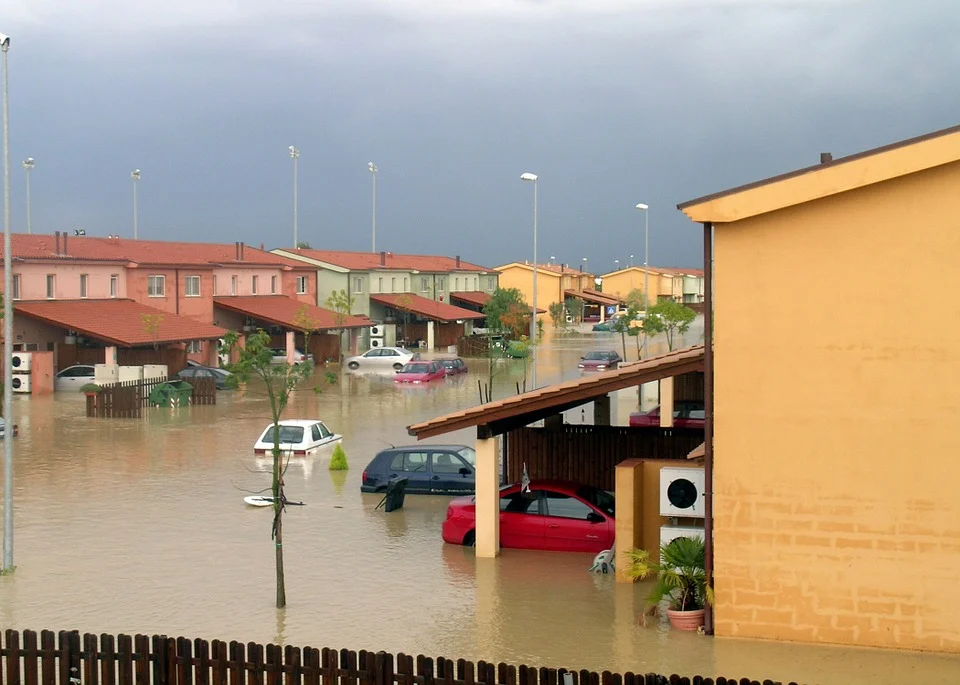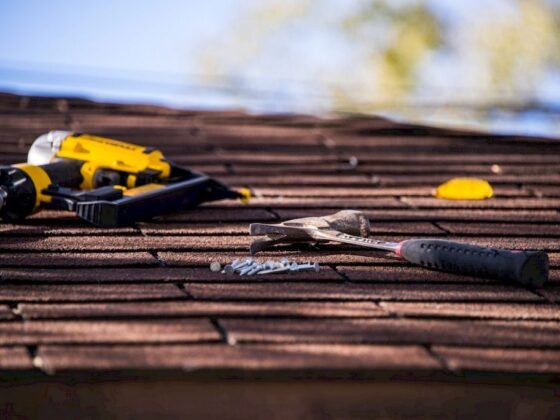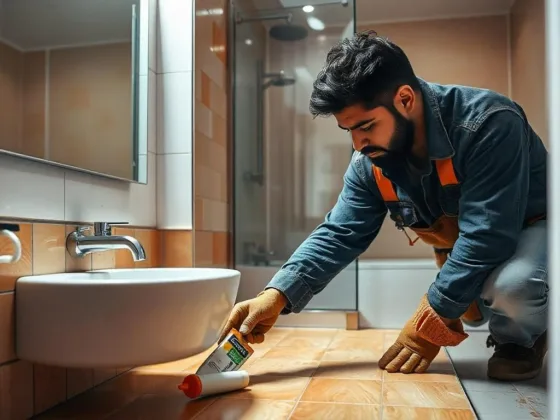Table of Contents Show
Nobody wants to think about their precious home experiencing water damage. But you need to give it some thought in order to be prepared should it happen.
Here is what you need to do if unwanted water starts damaging your home.

Take Action to Reduce the Water Damage and Stay Safe
The first thing to do when you notice water damage in your home is to look after your own safety.
If you can, identify the source of the damage and stop the flow of water. If you have a burst pipe, shut off the main water line and get in touch with a professional.
If your home is becoming flooded, make sure you turn off the power. Cut off gas and electricity at the main source.
Rescue Valuable and Meaningful Possessions
If you have a full-scale flood going on, take a moment to rescue your most valuable possessions. Take items that have meaning to you and are irreplaceable.
But do not spend too long collecting up possessions, as in the event of a flood, your first priority is getting yourself and your family to safety.
Contact Your Insurer
As soon as you can, contact your insurer after you find water damage in your home. If you delay your call, your insurance company could use it as an excuse to attempt to deny your claim.
You also need to try to determine the cause of the water damage so you can inform your insurer and take photos or videos of the cause to document the cause of the water damage.
Read Also:
Contact a Lawyer
Just because you have insurance for water damage, it does not necessarily mean your claim will be accepted and you will receive a pay-out.
So, it is important to contact a property damage attorney depending on your location (EG. Florida), or wherever your home’s location is, so you can immediately learn about the options available.
An experienced attorney will know how to handle insurance companies and help you get the money and protection you are entitled to.
Get Rid of Standing Water
As long as it is safe to do so, you should get rid of standing water. Why? Well, the longer water sits in your home, the more damage it will do to your property and your possessions.
If you can, pump out as much standing water as possible. However, if a natural flood is the cause of the problem, wait until the floodwaters have receded beneath your home.
When getting rid of standing water in a flooded area, you should wear protective gear like rubber boots, a mask, and gloves, because the water could be contaminated.
If you live in a flood-prone area, it is a good idea to invest in a pump and protective gear early on.
If the water damage is not caused by flooding, you can get rid of standing water by using a wet and dry shop-bought vacuum, which typically holds around four or five gallons.
Clean Up
Once the standing water has been removed, you will need to clean up the debris. You must be careful when you do this because if the water damage has been severe through something like a flood, there could be dangerous objects like rusty nails in the debris.
There could also be mud that contains toxins. When cleaning up debris, make sure you check and clean all corners and items.
For instance, if mud was caught in an air duct, it could be hazardous once it dries. With dampness, you also face the threat of rats and snakes entering your home, so you should take additional measures to stop them from coming in.









